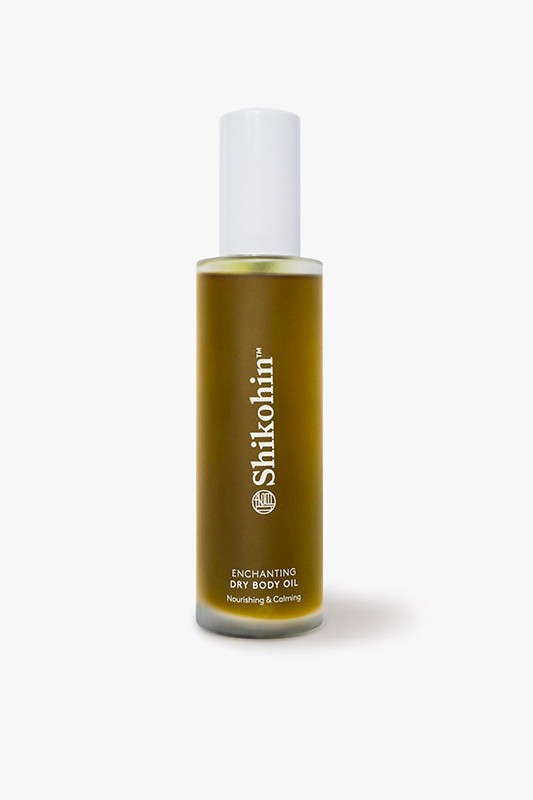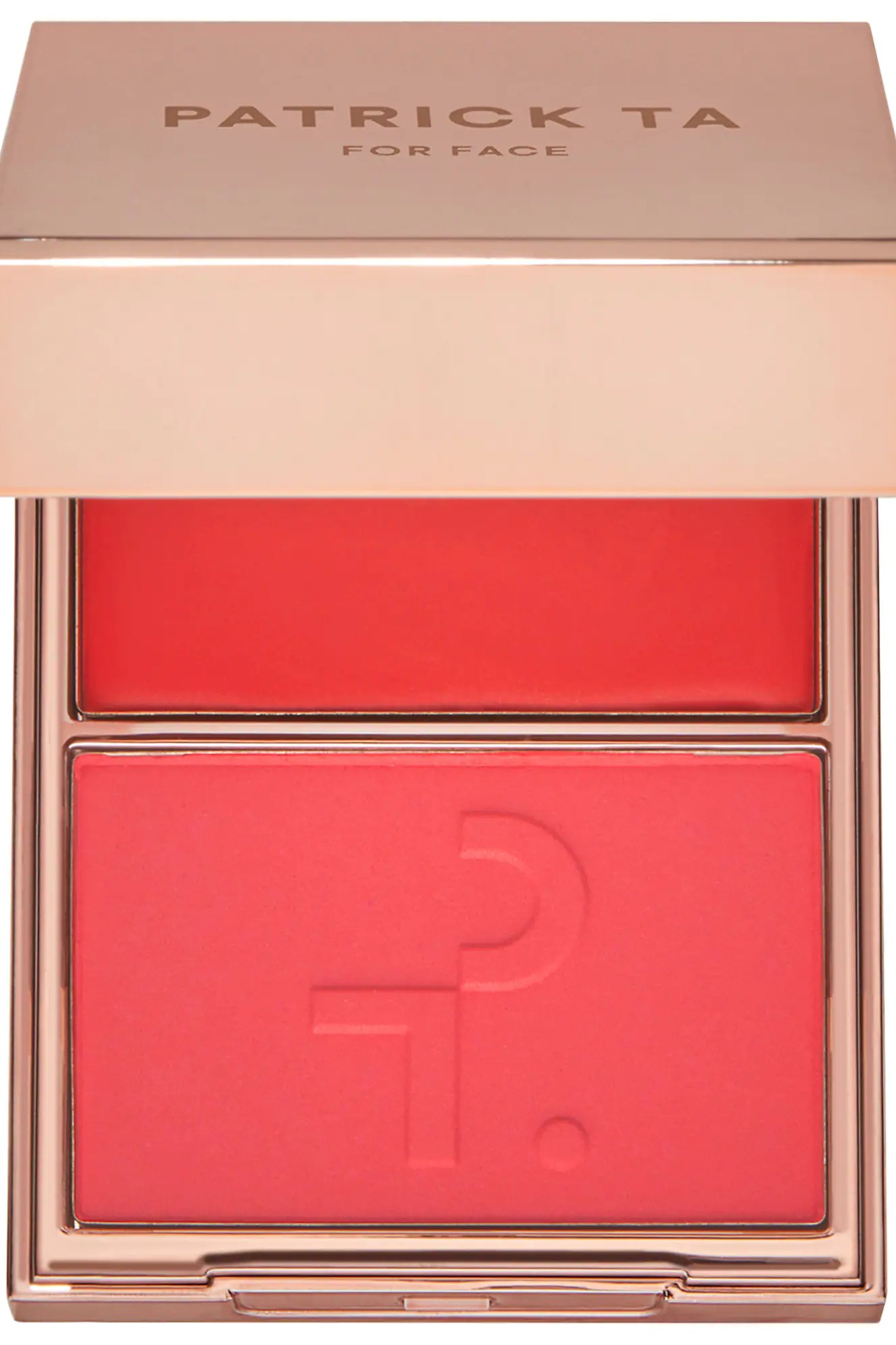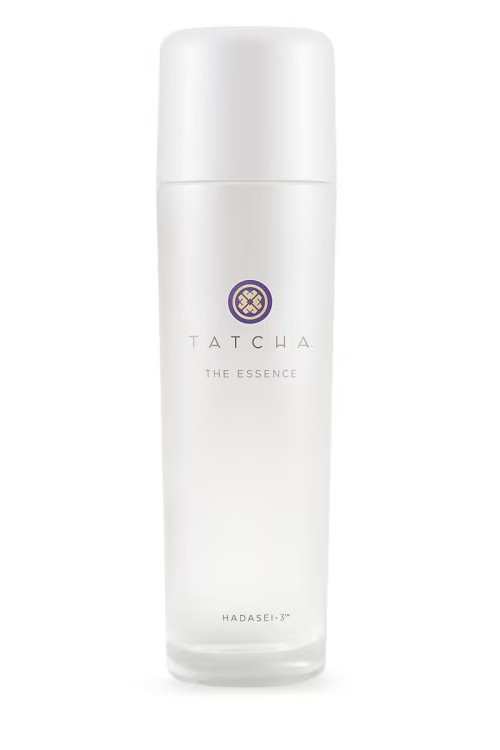AAPI-Owned Beauty Brands to Support This Month and Always
Glow Recipe, Tower 28, Peach & Lily, and more.
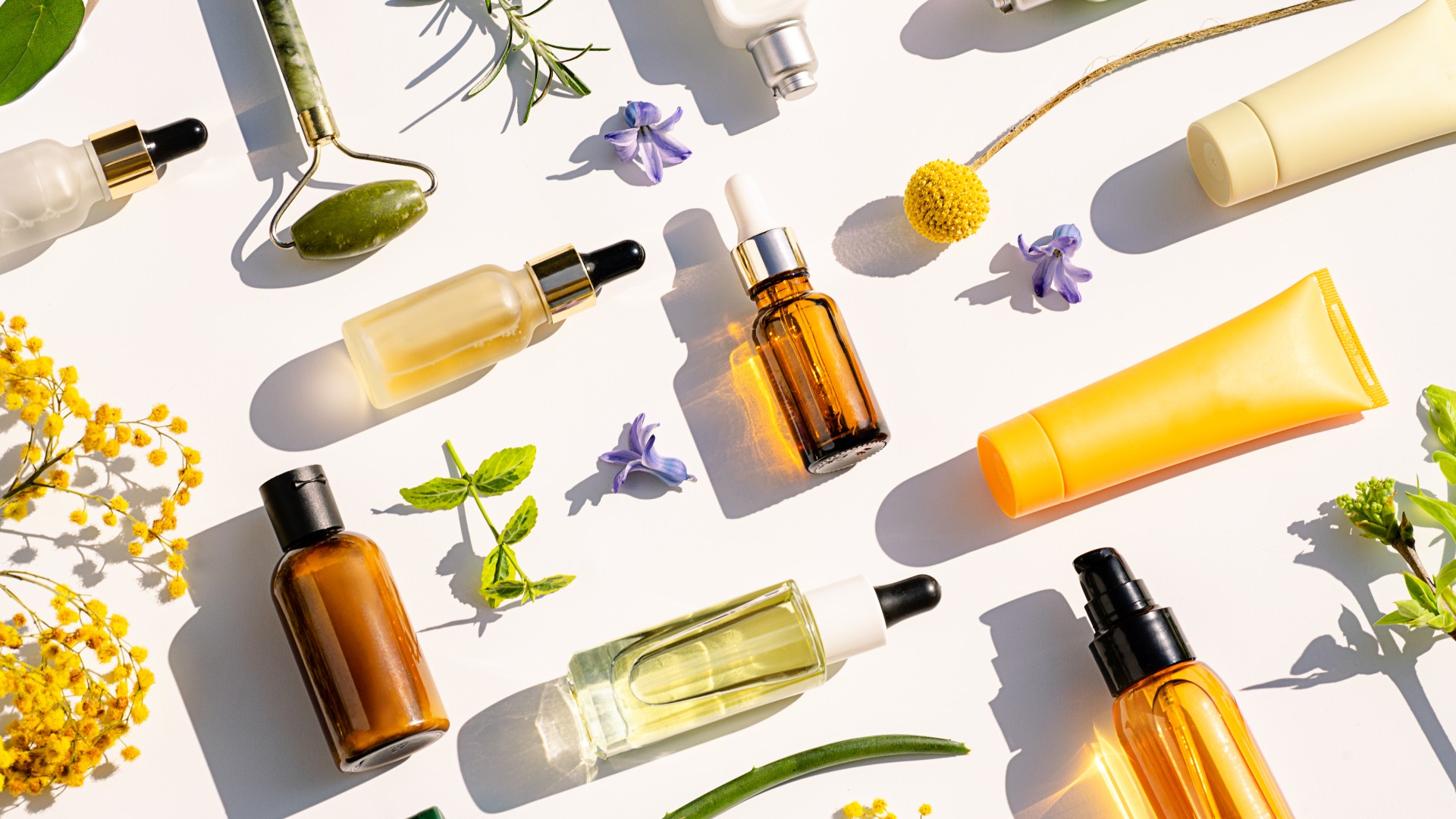

From the double cleanse to the use of turmeric in skincare, the influence that Asian American and Pacific Islander cultures have had on the beauty world is undeniable. But the cult-favorite serums and buzzy, new-to-market eyeliners filling our skincare shelves and stocking our makeup bags wouldn't be possible without the amazing AAPI beauty founders bringing their brands to life.
These brands have bottled game-changing formulas and techniques inspired by their heritage for sale stateside. In honor of AAPI Heritage Month, we tapped 13 founders of AAPI-owned businesses to get the background on how their beauty brands came to be. Here, they're sharing what prompted them to launch their lines, how their heritage influenced their product formulation, and which item they absolutely cannot live without.
Juara Beauty
Metta Murdaya, the co-founder of Juara, launched her skincare line with a mission to champion natural beauty. “I wanted to create a product that would make us, and others, feel genuinely good about ourselves, both in how we look and feel,” she says. To execute her mission through skincare, she looked to Jamu, a 2000 year old Indonesian botanical health tradition that emphasizes a holistic approach to skincare and wellness.
“Jamu has a timeless relevance to its audience, from its unique healing ingredients to its enjoyable self-care focus, which centers around the belief that true wellness is only achieved when we take care of both our mental and physical health.” As such, Juara is designed to only nourish the skin, but also to weave relaxing rituals into self-care routines.
Shikohin
This botanical brand came to be after Takeshi Nobuhara set out to create a line that blended Japanese kampo medicine and his respect for mother nature with the benefits of CBD. “I founded Shikohin out of a desire to bring some connection, peace, and delight into our lives. This mission has resonated with people and inspired a positive ripple effect as they share not only our body and face rituals, but also the Eastern philosophies behind them,” he explains.
Kimiko
Dani Kimiko Vincent is a long-time beauty lover and brow expert. But the decision to launch her own brand was sparked when she began exploring the origins of her family’s ancient katana sword, which had been passed down for centuries. “I traveled to a small village in the south of Japan and discovered the site of our family’s last samurai. I learned it could take a year and a half to hone a single sword,” she says. “Inspired, I took on the challenge of creating precision brow products, and after years of development and honing, I had products that would give those that used them the ability to master their own brows.”
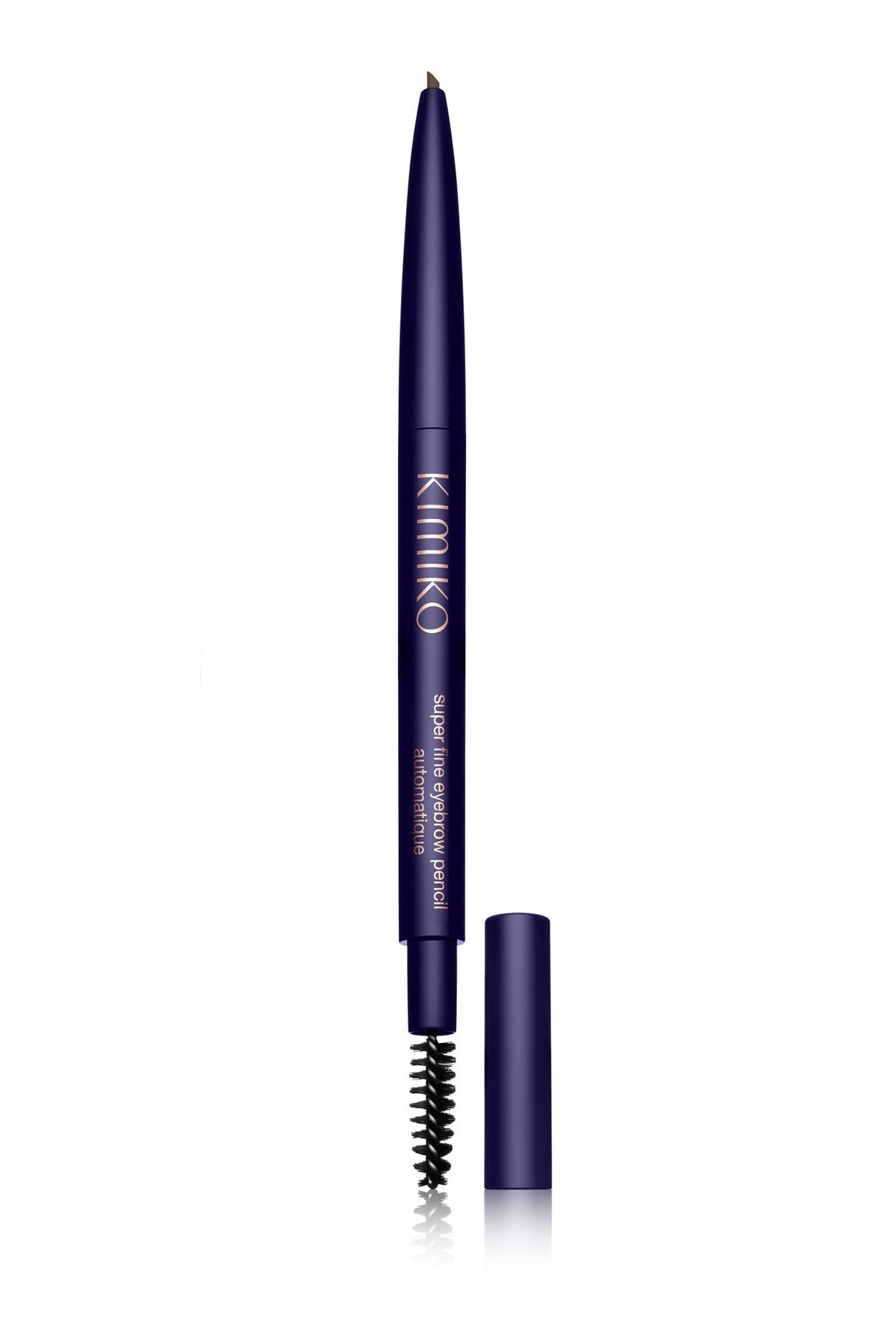
“Coming up as a makeup artist, I had worked for many of the major brands and realized that no existing brow formula could draw realistic hair-like strokes that would stay on all day, and none offered a balanced tone (reading too red or ashy). After three years of development, The Super Fine Eyebrow Pencil Automatique was my ultimate solution, and it’s become our most celebrated product today.”
Patrick Ta Beauty
From Shay Mitchell to Ariana Grande, Patrick Ta has worked with some of the biggest names in Hollywood. But the launch of Patrick Ta Beauty in 2019 is his biggest accomplishment to date. “My career path is the complete opposite of what my parents thought, and I know I disappointed them back when I decided to pursue makeup. Like many in the AAPI community, my parents were extremely hardworking and saw a singular path for their children,” he explains. “When I made the decision to pursue makeup I did it with the same vigor and determination that I saw in them. Today, I know my parents are extremely proud of me and my success. The thing that makes me the most happy, what really brings a smile to my face, is when my dad points to my brand and tells his friends, ‘That’s my son.’"
Get exclusive access to fashion and beauty trends, hot-off-the-press celebrity news, and more.
Prakti Beauty
Ayurveda, a holistic approach to beauty and wellness, is something Pritika Swarup practiced her whole life. So, when she found a white space in the industry between Ayurvedic Indian brands and Western ones, she decided to bridge the gap—and on a global scale no less.
"Prakti takes Ayurvedic ingredients and Indian remedies and integrates them into modern, high performance products with luxurious textures,” Swarup explains. “We did not simply repackage traditional Indian and Ayurvedic ingredients in the way that they have been combined and used in the past, but instead created innovative hybrid formulas. The strong role both my cultures have played in Prakti has allowed Indian beauty to be available and accessible to all women.”
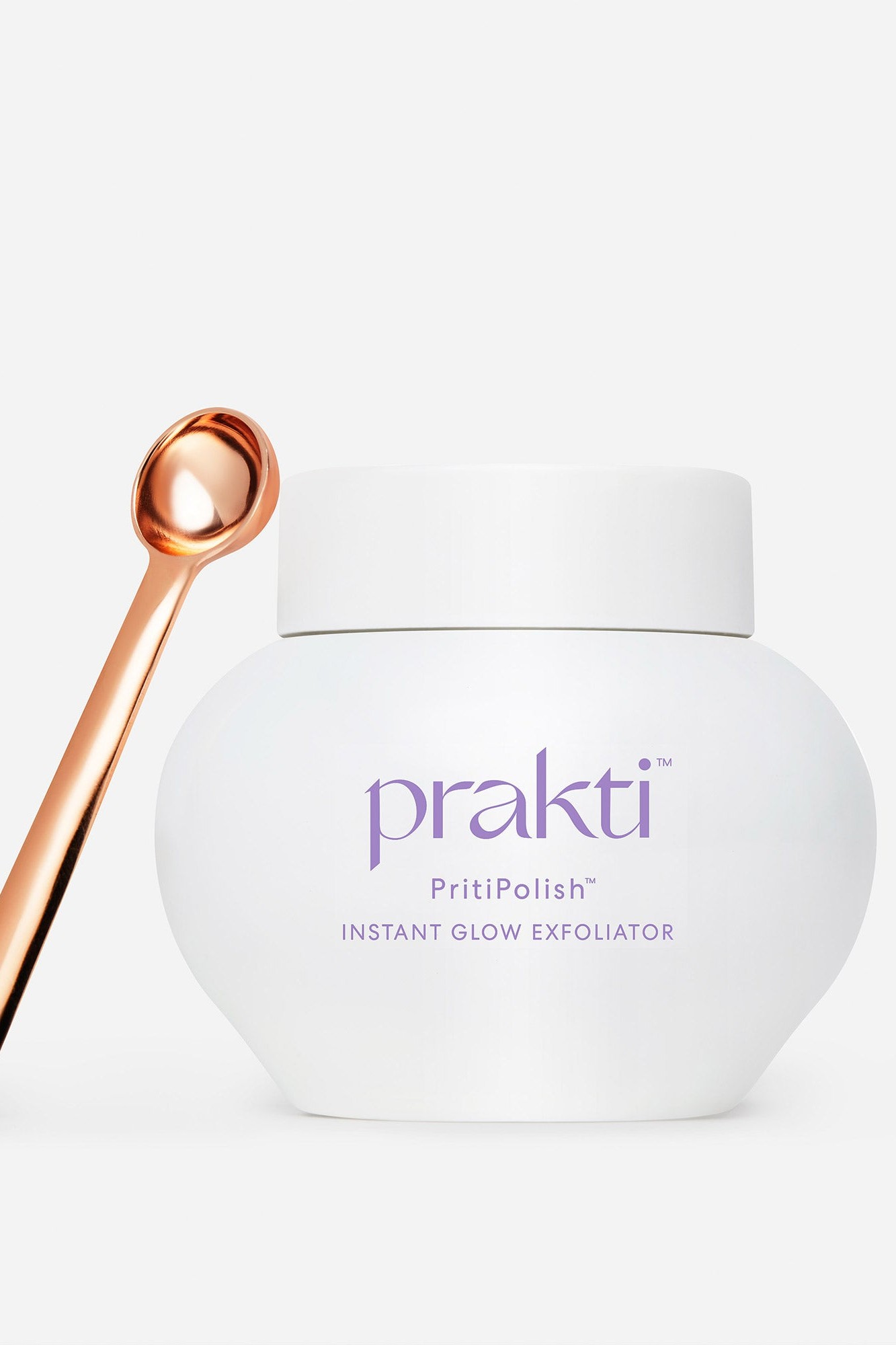
“It reimagines rice, an enduring staple in homemade skincare remedies, into a modern, sensorial experience for skin and soul. I love how it adds a little magic to a morning or evening routine. Mixing just a few drops of water turns the white powder to a beautiful shade of amethyst. While all of the ingredients have been chosen for their skin benefits, the combination of rose damascena oil with vetiver root gives PritiPolish a delicate and refreshing aroma.”
Kulfi Beauty
“Growing up, I always thought that makeup was just for the 'pretty girls.' I never wore makeup when I was younger because I thought that I didn’t have permission to," Kulfi founder Priyanka Ganjoo recalls. Ironically, her career took shape in the beauty industry and, eventually, resulted in Kulfi Beauty. "It's the result of my journey of rediscovering the joy in makeup for myself and reclaiming 'beauty' for the South Asian community. During our formulation process, we developed everything with the unique South Asian skin tones, undertones, and skin concerns in mind to create high-quality products that don’t just look good, but feel good.”
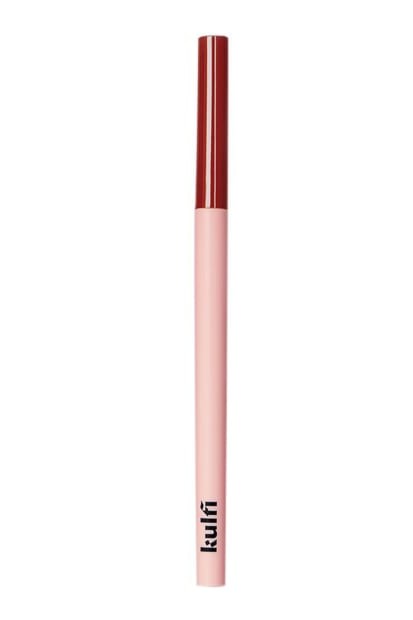
“Wearing kajal connects me with my cultural heritage while living in the United States. Typically, you will find grandmas making it in the kitchen while burning almonds and mixing it with ghee or castor oils to make a thick and creamy paste. No one had reimagined what kajal could be for our generation, and I wanted to create a formula that had the creamiest application with high color payoff but did not budge once it was set.”
Everyday Humans
Charlotte Chen Pienaar is all about sunscreen—but she wasn’t always. "I used to tan a lot in my teens, and now that I’m in my 30s and seeing the first signs of aging, I wish someone had told me earlier the importance of taking care of my skin,” she says. To make sunscreen exciting for younger generations, she launched Everyday Humans, a brand that's not only TikTok-friendly, but also places inclusivity at the forefront. “The DNA of Everyday Humans has always been anchored on creating sun-led skincare for every human and every skin type. You see this in our P.O.C.-friendly formulas, diverse creators and influencers we work with, charities we support, and people we hire,” she adds.
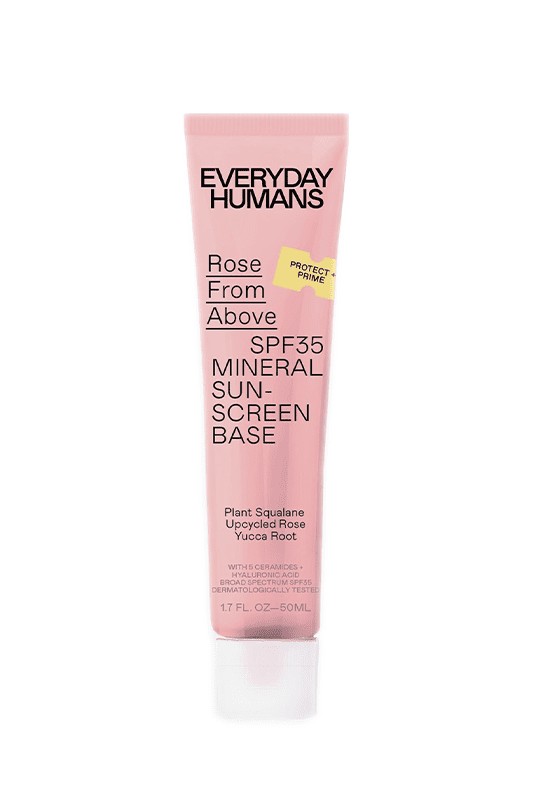
“Our new Rose From Above mineral SPF is close to my heart as we worked really closely with our community during the product development process. I know it’s not easy to find a mineral SPF with zero white cast, especially one that caters to our AAPI POC community of olive to medium skin tone humans. So, we’re starting with a tint that we believe serves our community best.”
Glow Recipe
With one cult-favorite launch after the next, it's safe to say that Glow Recipe founders Sarah Lee and Christine Change have bottled some pretty stellar skincare products. And each and every one is created with Korean traditions in mind. “I still remember my mom telling me to start to take care of my skin when I was in my teens so that later down the road my skin respected me back, and that my skin is also an ongoing reflection of my mental health. In Korea, taking care of your skin actually means taking care of your overall health,” says Lee. “It is an approach that trickled down to what [myself and Chang] wanted to do as a mission for Glow Recipe, making skincare holistic.”
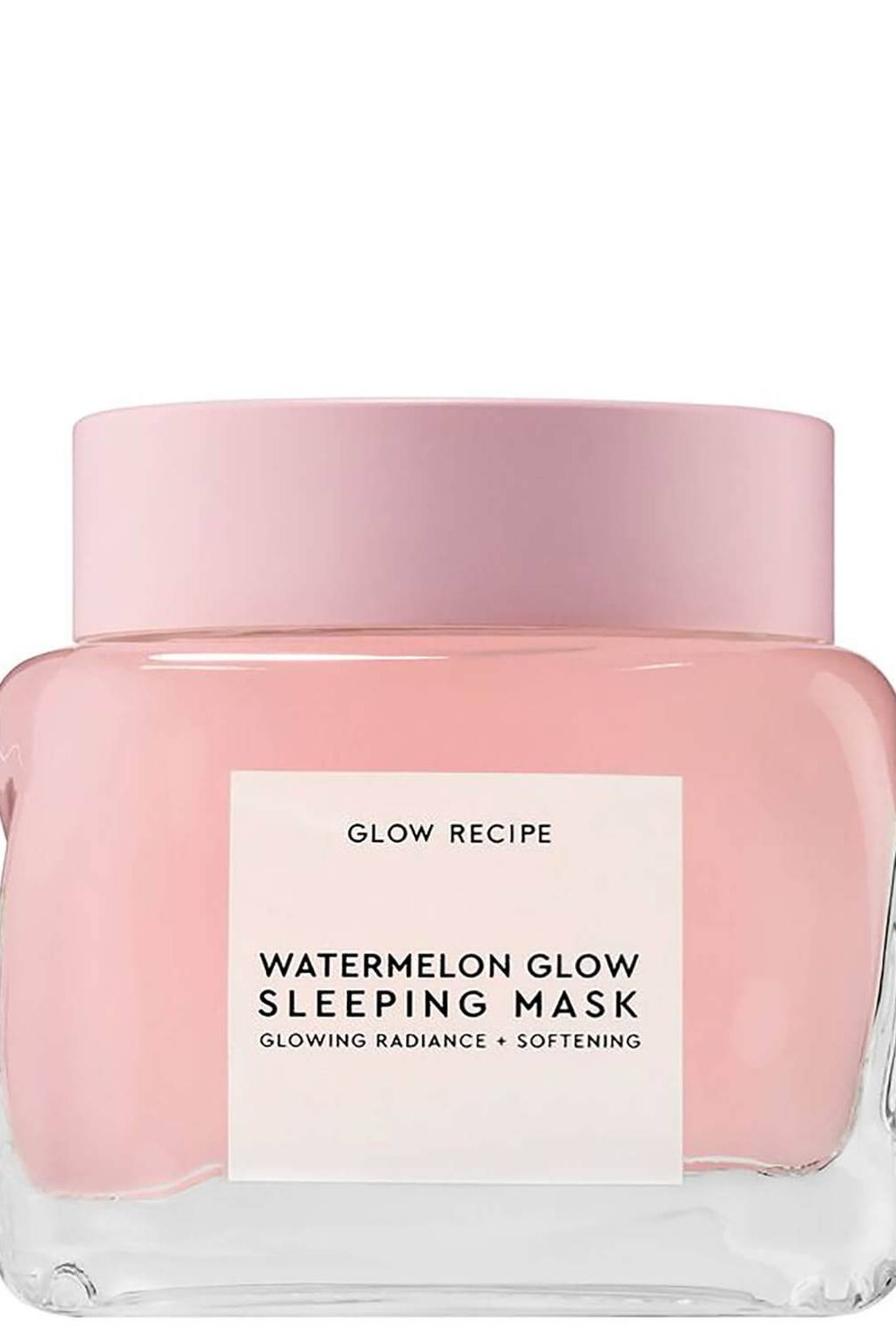
“Growing up, our grandmothers rubbed watermelon rinds on our heat rashes during hot summer months and we experienced first hand the healing power of watermelon and how soothing and hydrating it was for the skin,” recalls Chang. “The Watermelon Glow Sleeping Mask is also a distillation of our formulation philosophy, very much inspired by the holistic approach to skincare that we learned from our mothers and grandmothers.”
Tower 28
“Having grown up in Southern California in the 90s, people who looked like me were often left out of the beauty conversion,” says Tower 28 founder Amy Liu. “I always loved beach culture which was so prevalent in Cali, but never felt like I fit into that 'blue eyes and blonde hair' beauty ideal as an Asian-American. Tower 28 was a way for me to break that traditional mold of what beach-inspired beauty used to look like, and instead showcase the beautiful melting pot of people who enjoy the beach—inclusive of all skin types, tones, and socio-economic backgrounds. It’s the kind of brand I wish I had growing up as an Asian-American.”

“This has literally saved my skin! The key ingredient in both SOS spray and serum is hypochlorous acid, which your body actually produces naturally in your white blood cells to give you a boost of immunity. I use it on everything—my face, my body, my kids! We like to call it the ‘Windex of skincare,’ like the Big Fat Greek Wedding reference. Before SOS, I was relying on harsh steroids to manage the flare-ups, but the SOS products keep my sensitive skin happy.”
Peach & Lily
“I've had severe eczema my whole life and had tried every home treatment as well as steroids to help solve my weepy, itchy skin but nothing seemed to work. It wasn't until I went to esthetician school in Korea and learned that I could take a more holistic approach to my skincare did I see a change,” founder Alicia Yoon says. This realization is what prompted Peach & Lily.
“Korean skincare is focused on a holistic approach, meaning rather than focusing on 'perfect' skin, the treatments and care is focused on getting you to your healthiest skin…This pivot away from perfection and instead focusing on skin health in the Korean beauty approach deeply informs our brand and, I believe, is a big part of why our formulas are so beloved by many.”

“I constantly hear from friends, family, and our community how much they love the transformation they see after using it, whether that’s the appearance of dark spots, rough texture, pesky bumps, dullness, or lack of firmness. For me personally, it’s my holy grail. I use it every single day, morning and night, and have back-up bottles for my back-up bottles. It kept my skin smooth sailing through late nights, pregnancy, and fatiguing postpartum days.”
Apothékary
Shizu Okusa may have a career based in wellness in present day, but once upon a time, she was a burnt out banker in need of a big change. After quitting her job and getting Ayurveda herbal and yoga training during a stint in Bali, she completely pivoted her career trajectory. Enter Apothékary.
“Apothékary is rooted in Ayurveda, as well as my upbringing as a first-generation Japanese-Canadian on my parent’s farm near Vancouver. Natural and plant-based solutions were always preferred—my mom would make reishi teas and other traditional remedies, almost never resorting to things like Advil or Tylenol,” she explains. “With Apothékary, I wanted to modernize the plant medicine rooted in using herbs as preventative healthcare — i.e the ‘pharmacy’ of the future that modernizes over 5,000 years of Eastern healing traditions to modern day ailments.”
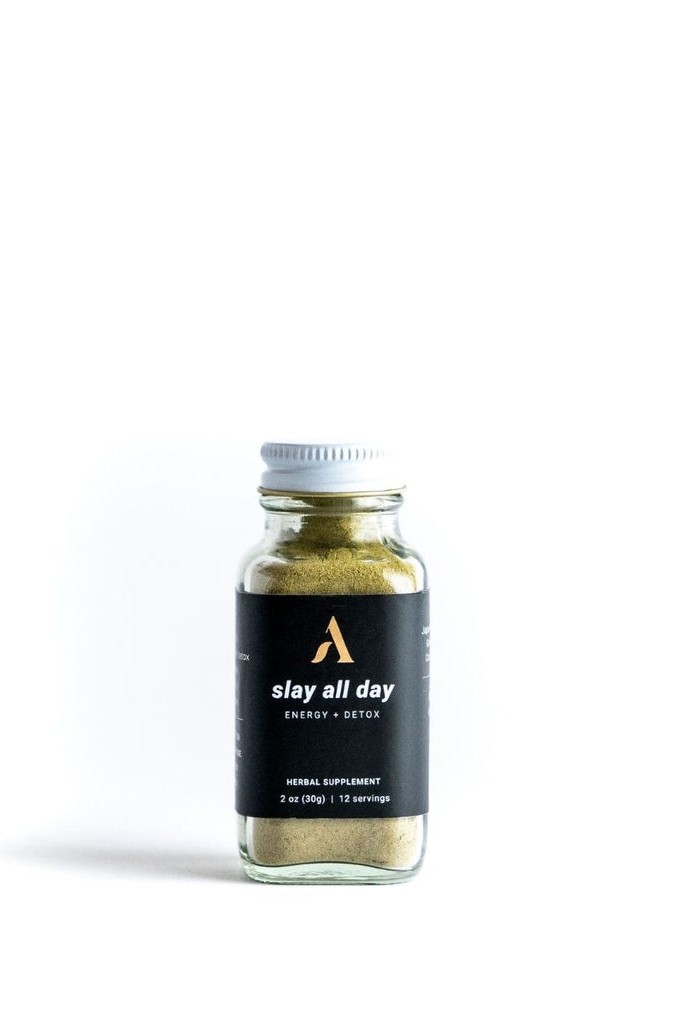
“My aunt is a chadō and ikebana instructor so I definitely wanted to include matcha in the pharmacy. I still drink coffee sometimes, but nowadays I prefer a more stabilized mood boosting caffeine boost, which is best from matcha given the low caffeine and rich L-theanine properties.”
Tatcha
From the Dewy Skin Cream to The Essence, Tatcha has a lineup of cult-favorites—and founder Vicky Tsai is to thank. While her skincare products work wonders, the line as a whole has also helped make skincare into self-care. “The classical Japanese approach to beauty and skin is through health. I’ve tried to bring that in to help people understand that beauty is so much more than skin deep,” Tsai says.
Live Tinted
“My goal is that through our products, when people put it on, is that they think about their identity and their culture, and where they come from, and really feel empowered from that,” says founder Deepica Mutyala. “It’s interesting: not owning that as a kid has only made me care that much more deeply to be that person now—and hopefully empower other people to do the same.”
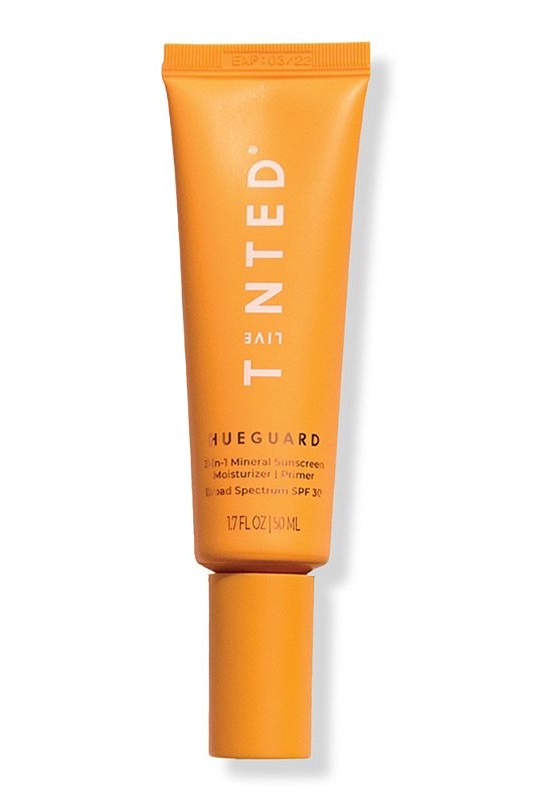
“People would think I would say the HueStick, but to me it has to be the mineral SPF that leaves no white cast. I think growing up, I would always put on a mineral SPF and I would have that whiteness on my skin. It always made me feel like my skin was not beautiful. It was a really important innovation for us to fix that.”
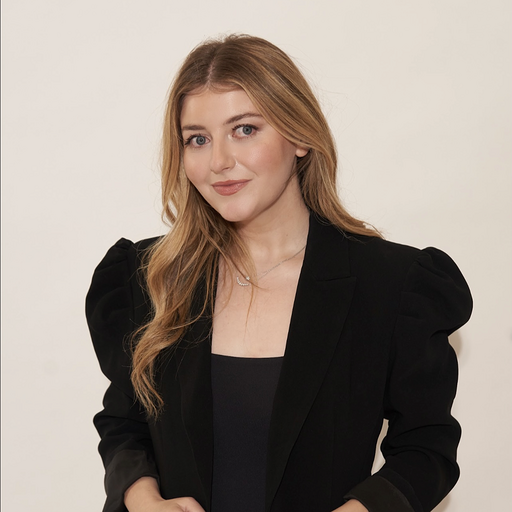
Samantha Holender is the Senior Beauty Editor at Marie Claire, where she reports on the best new launches, dives into the science behind skincare, and shares the breakdown on the latest and greatest trends in the beauty space. She's studied up on every ingredient you'll find on INCI list and is constantly in search of the world's glowiest makeup products. She's constantly tracking the biggest nail and hair trends to pop up in the beauty space, going backstage during fashion weeks, tracking celebrity looks, and constantly talking to celebrity hair stylists, nail artists, and makeup artists. Prior to joining the team, she worked as Us Weekly’s Beauty and Style Editor, where she stayed on the pulse of pop culture and broke down celebrity beauty routines, hair transformations, and red carpet looks. Her words have also appeared on Popsugar, Makeup.com, Skincare.com, Delish.com, and Philadelphia Wedding. Samantha also serves as a board member for the American Society of Magazine Editors (ASME). She first joined the organization in 2018, when she worked as an editorial intern at Food Network Magazine and Pioneer Woman Magazine. Samantha has a degree in Journalism and Mass Communications from The George Washington University’s School of Media and Public Affairs. While at GWU, she was a founding member of the school’s HerCampus chapter and served as its President for four years. When she’s not deep in the beauty closet or swatching eyeshadows, you can find her obsessing over Real Housewives and all things Bravo. Keep up with her on Instagram @samholender.

